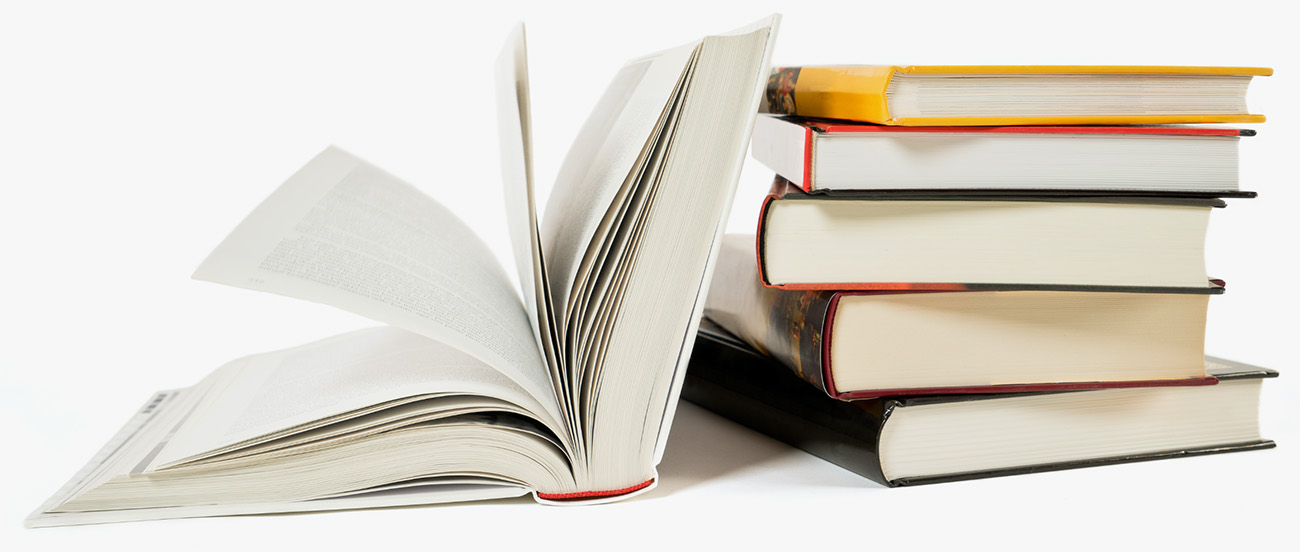Hugo House teachers are at the core of our goal to help writers become better writers. Our teachers are writers; they are selected on the basis of their active engagement in the literary world as well as their love of teaching.
Teachers


Hugo House teachers are at the core of our goal to help writers become better writers. Our teachers are writers; they are selected on the basis of their active engagement in the literary world as well as their love of teaching.




















Brian Turner is the author of five collections of poetry, most recently: The Wild Delight of Wild Things (2023), The Goodbye World Poem (2023), and The Dead Peasant’s Handbook (2023), all forthcoming with Alice James Books. His other collections include Here, Bullet to Phantom Noise, and the memoir My Life as a Foreign Country. He is the editor of The Kiss and co-editor of The Strangest of Theatres anthologies. A musician, he has also written and recorded several albums with The Interplanetary Acoustic Team, including 11 11 (Me Smiling) and The Retro Legion’s American Undertow. His poems and essays have been published in The New York Times, The Guardian, National Geographic, Harper’s, among other fine journals, and he was featured in the documentary film Operation Homecoming: Writing the Wartime Experience, which was nominated for an Academy Award. A Guggenheim Fellow, he has received a USA Hillcrest Fellowship in Literature, the Amy Lowell Traveling Fellowship, the Poets’ Prize, and a Fellowship from the Lannan Foundation. He lives in Orlando, Florida, with his dog, Dene, the world’s sweetest golden retriever.





Shaudi Bianca Vahdat is a composer, lyricist, musician and theatre artist who explores story-driven songwriting through influences that include musical theatre, jazz, classical, and both American and Iranian folk music. Shaudi holds a Masters in Music (Performance with a Production Concentration) from Berklee College of Music and a BA (Drama Performance) from the University of Washington School of Drama. A strong believer in the power of the arts to assist in the progress of humanity and unite people of all backgrounds, Shaudi often seeks to use music to normalize and celebrate multiculturalism and multilingualism with her audiences. Productions she has composed for include Desdemona: a play about a handkerchief (Opera House Arts in Stonington, Maine, dir. Julia Sears), BrechtFest (The Horse in Motion, dir. Bobbin Ramsey), The Things Are Against Us (Washington Ensemble Theatre, dir. Bobbin Ramsey), and Chilifinger: The Musical, with playwright Wayne Rawley (One Coast Collaboration Festival). Shaudi has also worked as an actor (including with Book-It Repertory Theatre and The Horse in Motion, of which she was a co-founding member) and arts educator (including at the Fedujazz School in Cabarete, where she also worked on the Dominican Republic Jazz Festival). As a singer-songwriter, she has performed locally with organizations including Fremont Abbey Arts Center, The Bushwick Book Club, and The 14/48 Projects. In 2012, Shaudi produced and released her first EP, Some Songs, and in 2017 her follow up EP Left, a stylistically mixed studio album which includes original work, Shakespeare, and a cover of 1970’s Iranian rock icon Koroush Yaghmaei. You can find Shaudi’s work on Apple Music, Spotify, and other music streaming services, and at shaudibiancavahdat.com.

Christie Valentin-Bati is a poetry teaching artist based in Chicago. Her work received honorable mention from the Academy of American Poets, was commissioned by the ACLU, and her micro-chapbook "Journal" was showcased in Porous Gallery. She loves plants and shadows.
Describe your teaching style.
My main goal as an instructor is to bring out the language that exists in all of us and to refine it. We all carry unique life experiences, stories, and idiosyncrasies— often writers think they need to strip themselves of these traits to be a “good writer,” but good writing is just about one's ability to elicit a sense of aliveness in the reader by the honing in on the substantial center of subjectivity.
Lydia K. Valentine is a playwright and poet, director and dramaturg, editor, and educator. Lydia’s first poetry collection, Brief Black Candles, was published in November 2020 by Not a Pipe Publishing. Her writing has also appeared in online and print publications such as Speak, The Pitkin Review, and Shout! An Anthology of Resistance Poetry and Short Fiction. The anthology from Blue Cactus Press, We Need a Reckoning, takes its name from one of Lydia’s three poems that will be included. She has been the recipient of various awards and recognitions with the most recent being named the 2021-2023 City of Tacoma Poet Laureate.



Elisabeth Vasquez Kikuchi is a second-generation Filipina American photographer and poet. Her art explores her identity as the daughter of an immigrant, and the impact of a migratory upbringing on her sense of belonging. She lives in Seattle with her husband, daughter and two cats. Elisabeth is a Capricorn.
Lavanya Vasudevan is an Indian-American writer living near Seattle, WA. Her stories appear in Ploughshares, Chicago Quarterly Review, Wigleaf, The Pinch Journal, and elsewhere. Her work has been selected for Wigleaf Top 50, The Best Small Fictions Anthology, and The Masters Review Anthology. She is an alum of the inaugural American Short Fiction Workshop, the New York State Summer Writers Institute, Kenyon Review Workshop, and Tin House Workshop. Find her online at www.lavanyavasudevan.com and on Twitter at @vanyala.





LIV VESSENES is a sophomore at University of Washington, where she studies math and creative writing. She fell in love with theater at Bainbridge Performing Arts in elementary school. Since then, several of her plays have been produced, and her poetry published. Her other interests include fashion design and dance.
María de Lourdes Victoria is an award-winning, bilingual author, born and raised in Mexico and living in the US. She is the author of novels, short stories and children's books. Maria is the founder of Seattle Escribe.